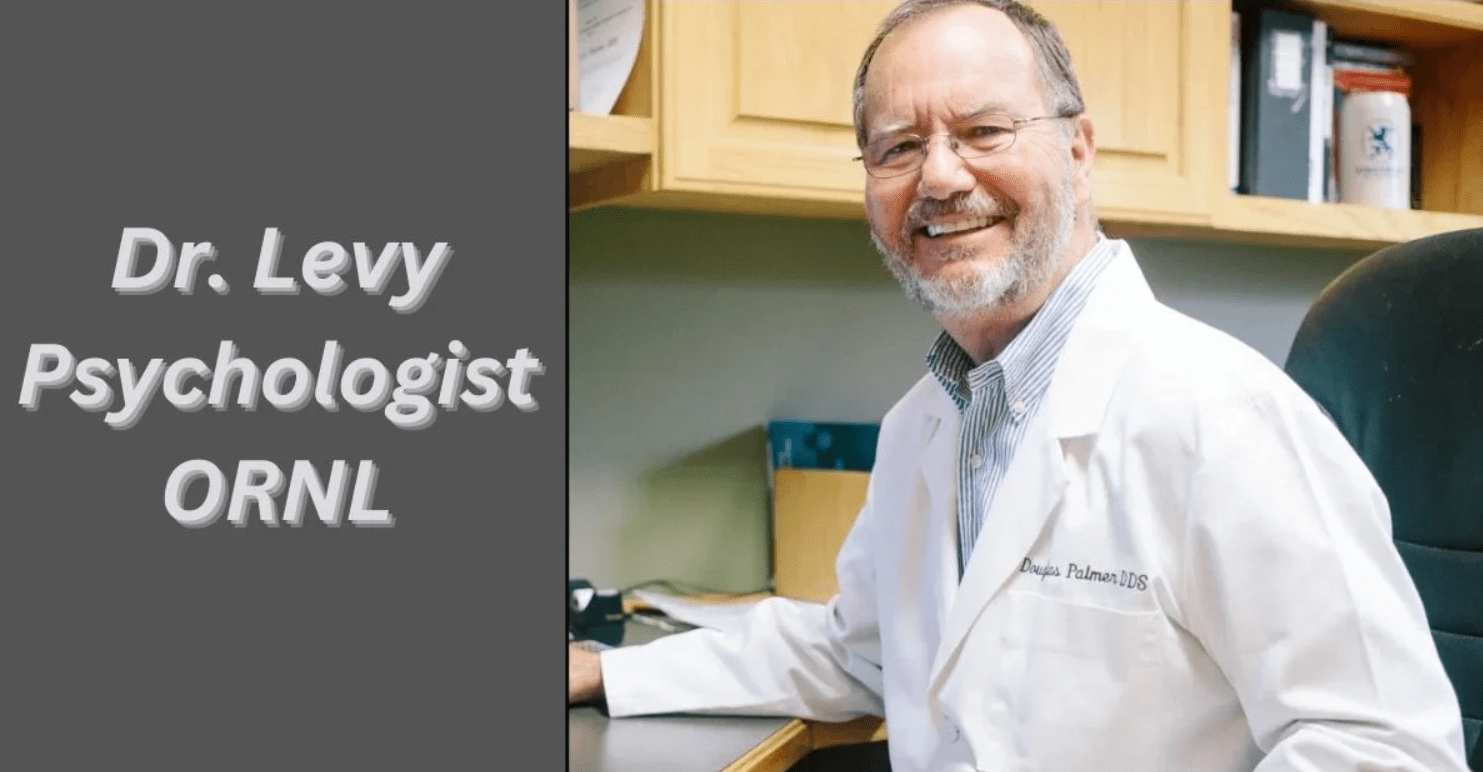Our well-being depends on our ability to understand our intellectual health. And few people know this better than expert psychologist. Dr. Levy Psychologist Ornl of Oak Ridge National Laboratory (ORNL). Let’s explore the fascinating world of mental wellness. Under Dr. Levy Psychologist Ornl supervision, ORNL has implemented several initiatives to support intellectual well-being.
Table of Contents
Introduction to the Importance of Mental Health Awareness
In recent years, awareness of mental health has increased significantly. Why is this so important? It’s not just about popular hashtags. People who are aware of their mental health are better able to identify symptoms of mental illness, reduce shame, and seek appropriate treatment. This blog post explains why it’s important to understand the topic. That’s why it’s so important to understand intellectual health. It dispels common misconceptions and provides practical advice for maintaining optimal cognitive health. We’ll also review upcoming developments and advancements in mental health services.
Background on Dr. Levy and ORNL’s Mental Health Initiatives
The work that Dr. Levy does at ORNL is revolutionary. His area of expertise is the relationship between elite living and performance and the integrity of the mind. ORNL is not only a leader in research, but also supports a variety of projects that also relate to mental health. Under Dr. Levy Psychologist Ornl supervision, ORNL has implemented several initiatives to support intellectual well-being. These include consulting services, workshops, and networking outreach programs. His methods have had a profound impact on the lives of many people, combining clinical rigor with compassionate care.
Insights into the Common Misconceptions approximately Mental Health
There are still many misconceptions about mental health. Despite increasing awareness, a common misconception is that cognitive dysfunction is rare. In fact, 1 in 5 adults in the United States report experiencing a psychotic episode every 12 months. Another misconception is that problems with intellectual health indicate weakness. Instead, mental illness is a medical condition that must be treated. When it comes to physical illness, Dr. Levy emphasizes that seeking help is no longer a sign of weakness. It is a signal of electrical current. Finally, there is the belief that problems with cognitive health will “go away” on their own, when in fact this is not the case. It is critical to address issues directly related to intellectual health. This is because early intervention can significantly improve outcomes.
Practical Tips for Maintaining Good Mental Health, Supported by way of Research
True intellectual excellence requires consistent work and mindful behavior. Here are some of Dr. Levy’s top recommendations, backed by research:
Regular Exercise
One of the most powerful tools for mental health is physical attention. Endorphins, which naturally improve mood, are released. Research shows that a little exercise can help reduce stress and depression.
Balanced Diet
Your mood and energy levels are affected by the foods you eat. Brain health is supported by a balanced weight loss strategy rich in whole grains, vegetables, lean protein, and orgasms. In particular, omega-3 fatty acids found in fish and flaxseeds are beneficial.
Quality Sleep
Sleep is essential for mental health. Anxiety and stress can be exacerbated by lack of sleep. Aim for 7-9 hours of sleep each night. Set a regular bedtime to signal your body that it’s time to rest. Under Dr. Levy Psychologist Ornl supervision, ORNL has implemented several initiatives to support intellectual well-being.
Mindfulness and Meditation
Meditation is one mindfulness practice that can help reduce stress and improve emotional regulation. Dr. Levy recommends taking it slow, building up to a longer period. Start with just a few minutes in the afternoon each day.
Social Connections
Having strong social connections can act as a buffer against mental health issues. Stay in touch with loved ones. And don’t be afraid to ask for help if you need it. Under Dr. Levy Psychologist Ornl supervision, ORNL has implemented several initiatives to support intellectual well-being.
The Future of Mental Health: Innovations and Trends
The field of cognitive health is growing rapidly. Here are some exciting features and advances:
Digital Therapy
Telemedicine has made mental training programs more accessible. Apps and online platforms provide help and support. Helping to eliminate barriers to healthcare. Under Dr. Levy Psychologist Ornl supervision, ORNL has implemented several initiatives to support intellectual well-being.
AI and Machine Learning
Artificial intelligence predicts and diagnoses situations involving mental exercise. These tools can identify trends and provide individualized therapy recommendations. Under Dr. Levy Psychologist Ornl supervision, ORNL has implemented several initiatives to support intellectual well-being.
Holistic Approaches
The relationship between mindset and mind is becoming more common. The combination of mental, emotional, and physical health can lead to more effective therapy. Under Dr. Levy Psychologist Ornl supervision, ORNL has implemented several initiatives to support intellectual well-being.
Community-Based Programs
Society is demanding more oversight of intellectual exercise. Neighborhood programs and peer support organizations are providing needed resources and a sense of community. Under Dr. Levy Psychologist Ornl supervision, ORNL has implemented several initiatives to support intellectual well-being.
Workplace Mental Health
Employers are increasingly recognizing the importance of mental health. Employee wellness programs are popular and create a more productive and healthy work environment. Under Dr. Levy Psychologist Ornl supervision, ORNL has implemented several initiatives to support intellectual well-being.
Conclusion of Dr. Levy Psychologist Ornl
Understanding mental health is more important than ever. Dr. Levi’s observations underscore the need for education, awareness, and preventative care. By dispelling misconceptions and implementing practical advice, we can all contribute to the emergence of a subculture that prioritizes mental health. Mental health is a collective responsibility, not just an individual issue. Encourage your community to care about mental health. Spread awareness and encourage honest conversations about mental health with others. If you’d like to conduct similar research, consider reaching out to a mental health professional or joining an advocacy group. Your work has the potential to make a big impact. Remember that mental health is a process, not a destination. And keep taking care of your mental health.
